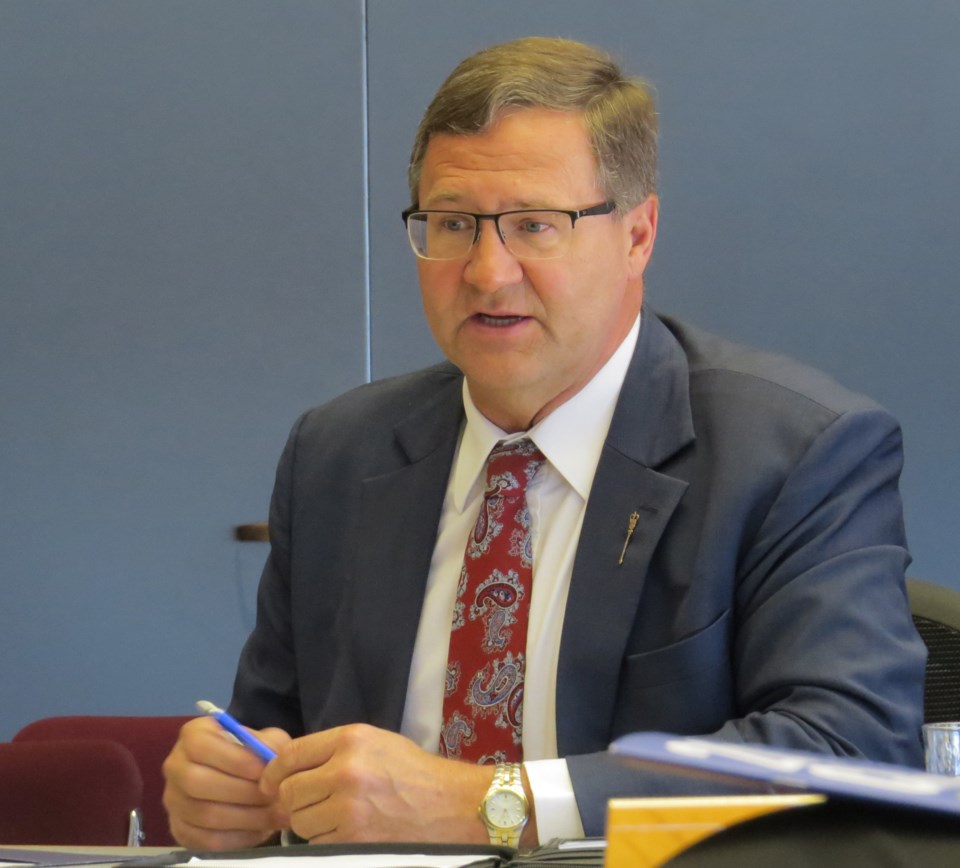While it’s true that there have been changes in the funding model specifically targeted to assist pre-Kindergarten children with disabilities or developmental delays, Athabasca-Barrhead-Westlock MLA Glenn van Dijken says there will be no reduction in services for children who actually need help.
Last week, roughly 100 Albertans gathered outside of the Legislature to protest alterations to Program Unit Funding (PUF), which is made available to Early Childhood Services operators and school authorities to provide programming for pre-Kindergarten children with developmental disabilities and delays.
Minister of Education Adriana LaGrange’s response to criticism around the changes to PUF was that every single school board is receiving more funding this year, and there is absolutely no reason for them to reduce services when the government is providing them more funding.
And yet, according to a recent report delivered to Pembina Hills School Division trustees, Pembina Hills has seen its PUF funding reduced by roughly a third.
As such, support staff hours have been cut from 1,300 to 350, and there has been a decrease in the number of Early Learning teachers within Pembina Hills from 5.5. to 4.5. The Early Learning programs at Dunstable and Fort Assiniboine have also been cancelled.
van Dijken clarified that some funding streams have been merged together, which may seem to appear to be decreases in overall funding.
As well, there have been changes in who might qualify for PUF. van Dijken said the new model is meant to try and match resources to actual needs — in other words, he suggested that some children might have been improperly coded as special needs.
However, he said it is also true that funding has increased for school divisions, noting that Pembina Hills alone is expected to receive $1 million more in funding next year.
van Dijken said he had been contacted earlier this year by a couple of parents who were concerned about the changes to PUF — in particular, he spoke to one family with two children who were enrolled by pre-Kindergarten programming — but once they were provided information about the changes, they understood why they were made.
van Dijken stressed that there will be no reduction in service to children who truly need it, such as students on the autism spectrum.



